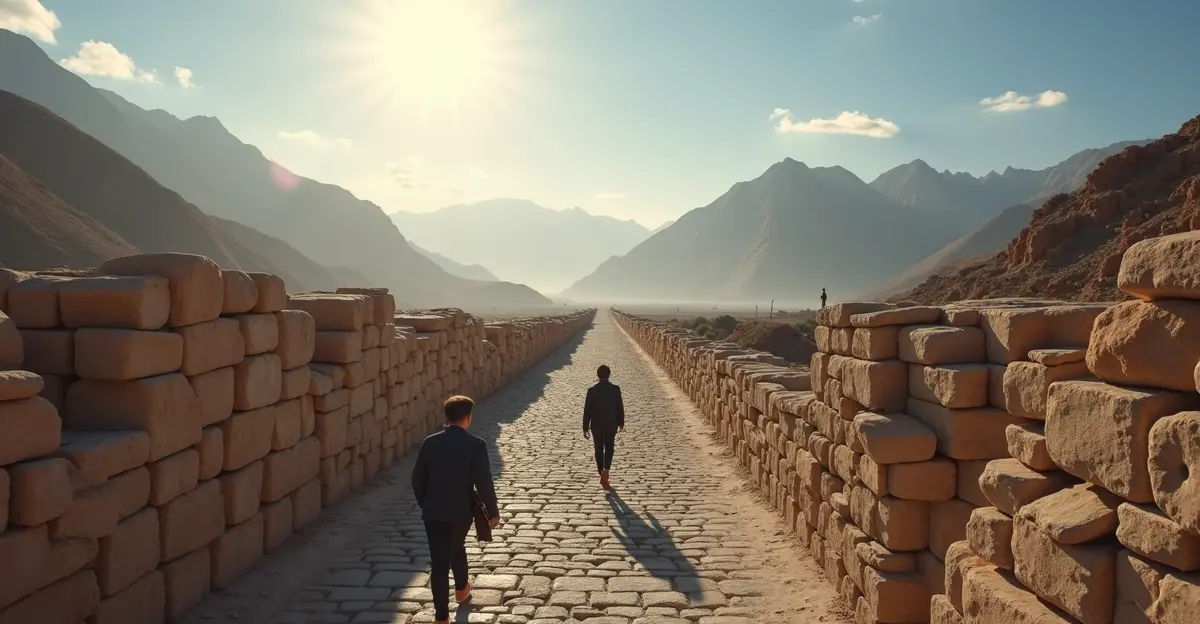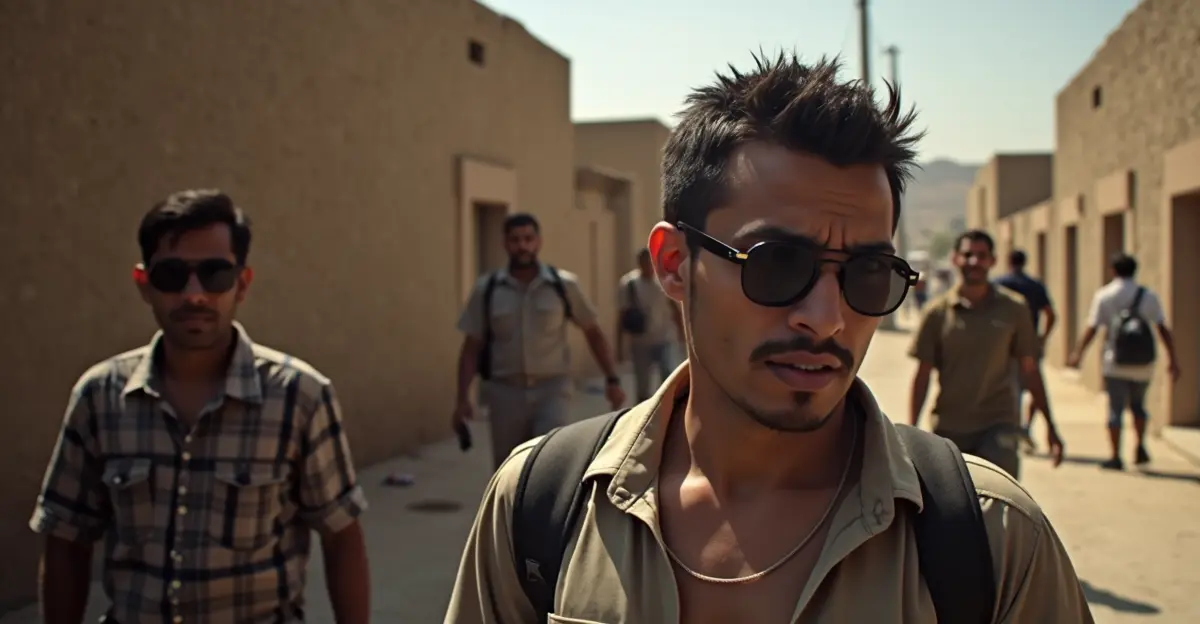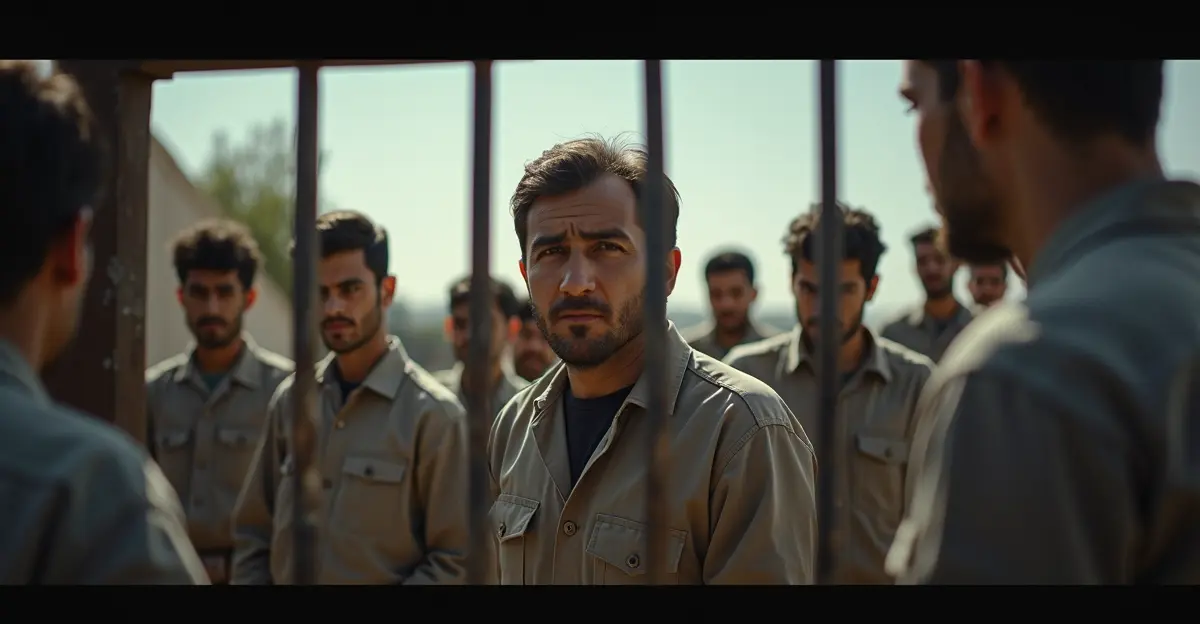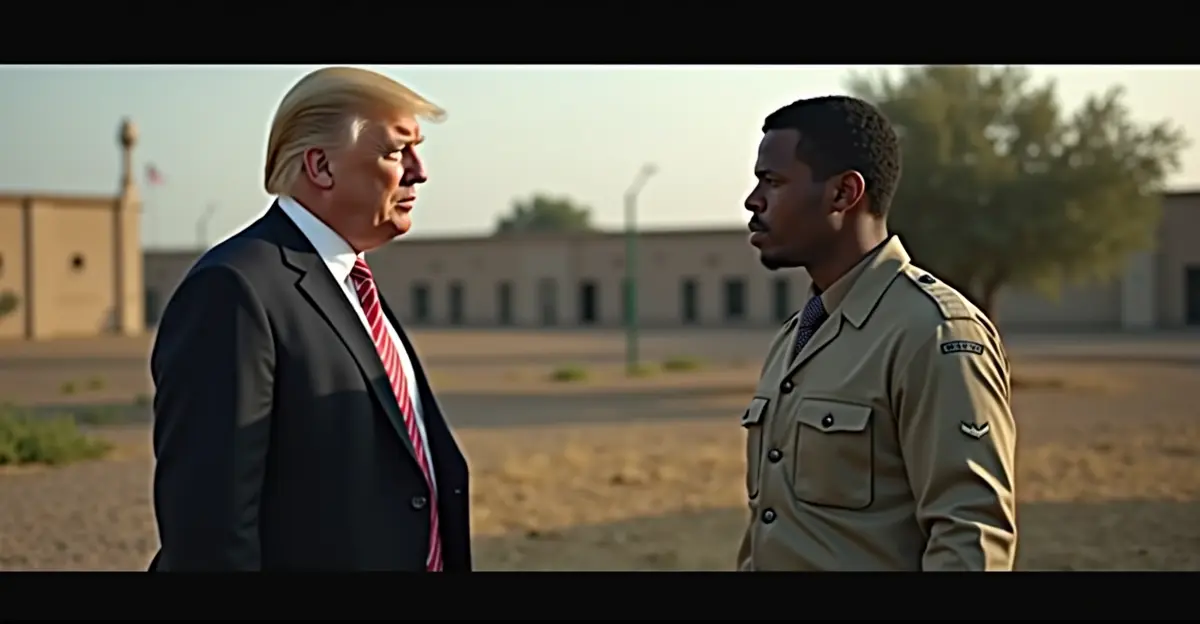The Critical Role of Human Rights Documentation in Conflict Areas
In conflict-affected regions worldwide, human rights reporting has become an essential lifeline for vulnerable populations. Field investigators like Carlos Mendez risk their safety to document abuses, gather evidence, and advocate for justice in some of the world's most dangerous environments. 'Every piece of documentation we collect represents a voice that would otherwise be silenced,' says Mendez, who has worked in multiple conflict zones.
Modern Documentation Methods and Challenges
The landscape of human rights documentation is undergoing radical transformation. Traditional methods are being supplemented by digital tools and open-source intelligence (OSINT). According to a 2025 HURIDOCS report, mobile technology and social media have democratized documentation, enabling communities to record abuses via smartphones and encrypted messaging. However, these innovations bring verification difficulties, disinformation risks, and ethical concerns about consent and privacy.
Field investigators now use satellite imagery, social media analysis, and digital forensics to complement traditional witness interviews and physical evidence collection. 'We're seeing a shift from purely evidentiary documentation to survivor-centered approaches that prioritize agency and cultural context,' explains a senior UN investigator.
Legal Referrals and Accountability Mechanisms
The documentation collected by human rights investigators serves as crucial evidence for legal proceedings and international accountability mechanisms. The UN Office of the High Commissioner for Human Rights plays a vital role in ensuring compliance with international human rights law through field missions and technical assistance to governments.
Recent cases demonstrate the importance of thorough documentation. In Venezuela, as detailed in Human Rights Watch's 2025 report, documentation of 25 killings, enforced disappearances, and arbitrary detention of over 2,000 people has been essential for international accountability efforts.
Advocacy and Protection Challenges
Human rights advocates face increasing threats in conflict zones. According to recent data, at least six human rights activists were detained in Venezuela alone following the 2024 presidential elections, as reported by Caracas Chronicles. The shrinking civic space and NGO precarity have made traditional human rights work increasingly dangerous.
'The most challenging aspect isn't documenting the abuses - it's ensuring the safety of witnesses and protecting the evidence we collect,' Mendez notes. Investigators must navigate complex security protocols while maintaining the integrity of their documentation.
The Future of Human Rights Reporting
As conflicts evolve, so must human rights documentation methods. New participatory approaches like Rapid Response Documentation Principles emphasize community stewardship and minimum viable documentation during crises. The integration of technology with traditional investigation methods offers promising avenues for more effective human rights protection.
However, experts caution that technological solutions must be balanced with ethical considerations and survivor-centered practices. 'The human element remains irreplaceable in understanding the full impact of human rights violations,' concludes a veteran field investigator.

 Deutsch
Deutsch
 English
English
 Español
Español
 Français
Français
 Nederlands
Nederlands
 Português
Português









